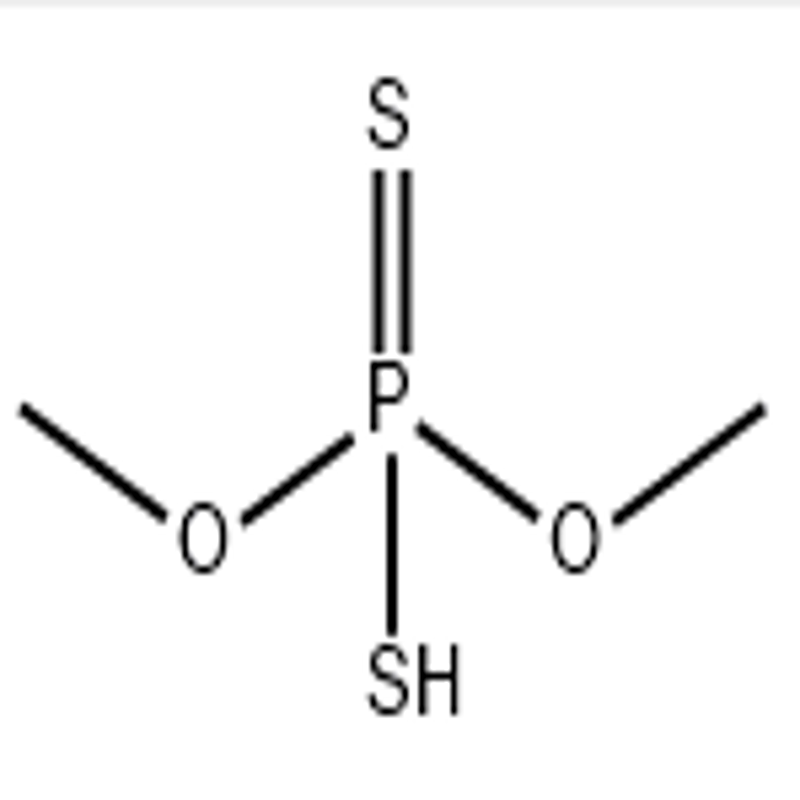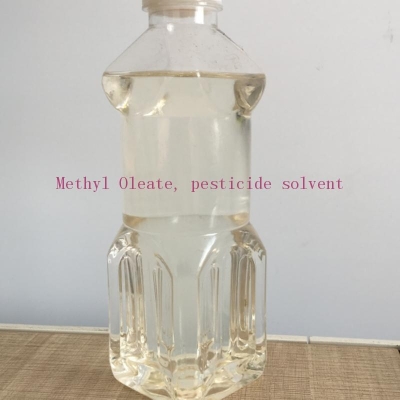-
Categories
-
Pharmaceutical Intermediates
-
Active Pharmaceutical Ingredients
-
Food Additives
- Industrial Coatings
- Agrochemicals
- Dyes and Pigments
- Surfactant
- Flavors and Fragrances
- Chemical Reagents
- Catalyst and Auxiliary
- Natural Products
- Inorganic Chemistry
-
Organic Chemistry
-
Biochemical Engineering
- Analytical Chemistry
-
Cosmetic Ingredient
- Water Treatment Chemical
-
Pharmaceutical Intermediates
Promotion
ECHEMI Mall
Wholesale
Weekly Price
Exhibition
News
-
Trade Service
Recently, the New Zealand Environmental Protection Agency (EPA) approved Grypus equiseti as a biological control insect to help control the equisetum arvense in the field
.
? Wenjing, also known as stalk grass and male mother grass, belongs to the fern family Equisetum
.
It is an invasive species in New Zealand.
It has green fern-like leaves that can grow to a height of 80 cm
.
Although Jingjing will die in winter, its unusually developed underground root system makes it difficult to control
.
At the same time, it also produces a large number of spores that can germinate on bare ground.
This invasive species has threatened native plants in sensitive habitats, such as plants on wetlands and water banks
.
In the New Zealand Biosafety Act issued in 1993, Wenjing was officially recognized as a harmful species
.
? Nepeta weevil is a beetle about 5-8 mm long that feeds on field Nepeta or related plants and lays its eggs on the stems of these weeds
.
After the eggs hatch, the larvae feed on the stem
.
When the larvae grow up, they eat to destroy the roots of these weeds, reducing the weeds' ability to grow new leaves in the spring
.
Adult weevil beetles also feed on the stems of plants, usually causing the leaves to die
.
? "Biological control agents, such as the weevil, are often used as natural enemies to reduce the number of pests
.
The purpose of these biological control agents is to limit the harm of the field weeds and reduce their spread and invasion
.
" EPA pests Ray McMillan, director of the New Species Act, said, “The use of biological control agents to control weeds is a more cost-effective method.
It does not require the use of chemical pesticides to reduce the hazards of weeds
.
Although these weeds can be frequently Weeding or repeated use of pesticides can be controlled, but this requires long-term efforts and often fails
.
The same methods are also uneconomical
.
"? "There are currently no native plants or important exotic plants in New Zealand.
Close kinship
.
The closest ones are ferns, but they are only distant relatives
.
Weevil has been well studied in Europe, and according to records, it only acts on equisetum plants," McMillan added, "Weevil weevil is the first biological control agent approved by the EPA for weeds
.
In the future, the EPA may consider applications for other biological agents
.
This questioning weevil will be introduced from the Rangitikei Horsetail Group and will be regulated by the Pests and New Species Act (HSNO) passed in 1996
.
.
? Wenjing, also known as stalk grass and male mother grass, belongs to the fern family Equisetum
.
It is an invasive species in New Zealand.
It has green fern-like leaves that can grow to a height of 80 cm
.
Although Jingjing will die in winter, its unusually developed underground root system makes it difficult to control
.
At the same time, it also produces a large number of spores that can germinate on bare ground.
This invasive species has threatened native plants in sensitive habitats, such as plants on wetlands and water banks
.
In the New Zealand Biosafety Act issued in 1993, Wenjing was officially recognized as a harmful species
.
? Nepeta weevil is a beetle about 5-8 mm long that feeds on field Nepeta or related plants and lays its eggs on the stems of these weeds
.
After the eggs hatch, the larvae feed on the stem
.
When the larvae grow up, they eat to destroy the roots of these weeds, reducing the weeds' ability to grow new leaves in the spring
.
Adult weevil beetles also feed on the stems of plants, usually causing the leaves to die
.
? "Biological control agents, such as the weevil, are often used as natural enemies to reduce the number of pests
.
The purpose of these biological control agents is to limit the harm of the field weeds and reduce their spread and invasion
.
" EPA pests Ray McMillan, director of the New Species Act, said, “The use of biological control agents to control weeds is a more cost-effective method.
It does not require the use of chemical pesticides to reduce the hazards of weeds
.
Although these weeds can be frequently Weeding or repeated use of pesticides can be controlled, but this requires long-term efforts and often fails
.
The same methods are also uneconomical
.
"? "There are currently no native plants or important exotic plants in New Zealand.
Close kinship
.
The closest ones are ferns, but they are only distant relatives
.
Weevil has been well studied in Europe, and according to records, it only acts on equisetum plants," McMillan added, "Weevil weevil is the first biological control agent approved by the EPA for weeds
.
In the future, the EPA may consider applications for other biological agents
.
This questioning weevil will be introduced from the Rangitikei Horsetail Group and will be regulated by the Pests and New Species Act (HSNO) passed in 1996
.







